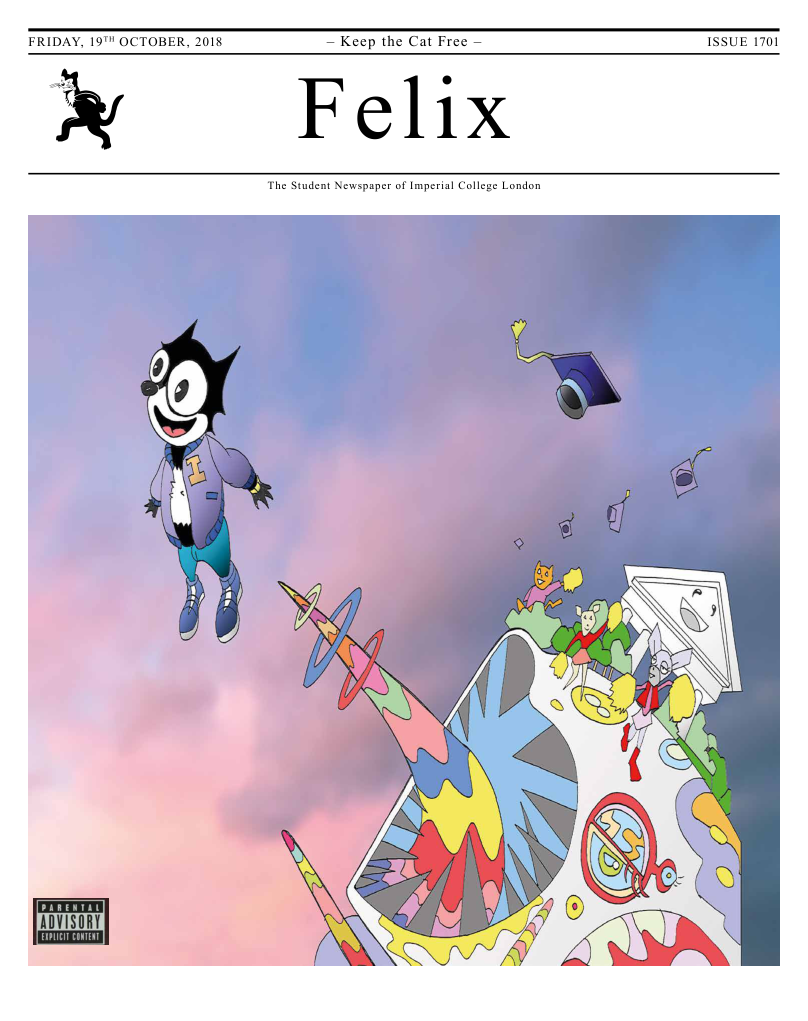I’m Not Running runs out of steam
Too many issues, too little time.

Pauline Gibson is a young doctor, having served in a small provincial hospital for most of her career. When the authorities threaten to close down the hospital in order to concentrate resources and services, she finds herself campaigning against its closure, becoming something of a national celebrity in the process. She succeeds, the hospital is saved, and now as an angel of the NHS, Pauline finds a political career before her, first becoming an independent MP and then considers running for Labour leadership.
This, however, is complicated by Pauline’s relationship with an old boyfriend from university, Jack Gould, who has worked his way to material comfort as a lawyer, become an MP, and is now also eyeing the Labour leadership. Their divergent paths and on-and-off fraught relationship is the vehicle for many an exposition about the issues raised in the play.
I’m Not Running is David Hare’s 17th new play for the National Theatre, a thinly-veiled parallel universe that comments on and sometimes satirizes the current state of British politics. With wide-ranging issues such as the state of the NHS, single-issue politics, the Labour party, domestic abuse and feminism all jostling for attention in the play, watching it felt like a quick browse through today’s newspaper.
The downside of addressing so many issues in two and a half hours is that inevitably, each issue is not explored sufficiently. For a play that is so overtly political and puts a touchy political subject – the direction of the NHS – at its centre, it is disappointingly shallow in its portrayal of these issues and is one-dimensional in its commentary. It is happily assumed that saving a small provincial hospital with limited resources is the right thing to do, when there are, in fact, many good reasons to concentrate specialist resources in healthcare. These were hardly mentioned in the argument between Jack and Pauline, where Jack raises only simplistic economical reasons for his support of the hospital closures.
Other issues were only touch and go, which made the play feel like it lacked direction and was trying to take on too many things at once. It is hinted that there was some violence in Jack and Pauline’s relationship back in university, and some domestic abuse between Pauline’s parents. Meredith, a politically-conscious aspiring journalist, has an extended conversation with Pauline about female genital mutilation. These are important issues, which means that throwing them in without further exploration seemed cursory, and detracted from the focus and momentum of the play.
What the play did have going for it, however, was the characterisation of Jack and Pauline’s relationship, and their individual characters. One of the earlier scenes, of when the two were arguing in a university dormitory room, was perhaps one of the more sensitive ones in the play. We get a sense of how emotionally guarded Pauline is, her difficult relationship with her alcoholic mother, and Jack’s tendency towards control. As their paths diverged, we see Pauline standing for her principles, headstrong and stubborn, while Jack strives for material comfort and an outward display of stability and ‘perfection’. “I love my wife very much and she is perfect,” he declares, right after sleeping with Pauline while his wife was away.
Sian Brooke does a good job as Pauline, bringing out her transformation from idealistic university student to realising that in order to change the world, she has to step into partisan politics herself. Alex Hassell is slightly affected as Jack, but Joshua McGuire puts on a strong performance as Sandy, Pauline’s loyal press secretary and the only easily likeable character in the play.
It seems to me that the concrete issues of the play and the interpersonal relationships portrayed are two distinct matters – it does well painting the characters but falls short in exploring the issues they are embroiled in with any insight. The character development, which is fairly well done, fails to integrate itself seamlessly into the political commentary, which is a shame. There are also some scenes that are curiously improbable, such as Meredith suddenly having a heart attack mid-conversation with Pauline due to a congenital heart condition that no one knew about before. She dies, which is also curious considering someone of her young age, right next to a qualified doctor, should be the exact kind of candidate for successful CPR.
I’m Not Running is a play that tries to do too much all at once. While the cast is strong and the characters relatable, its skirting over a wide range of political issues does it no favours. The result is a structure that has too many weakly-related components for its own good, lacking momentum and focus.
I’m Not Running will be broadcast by National Theatre Live on 31 January 2019.
-2 stars










